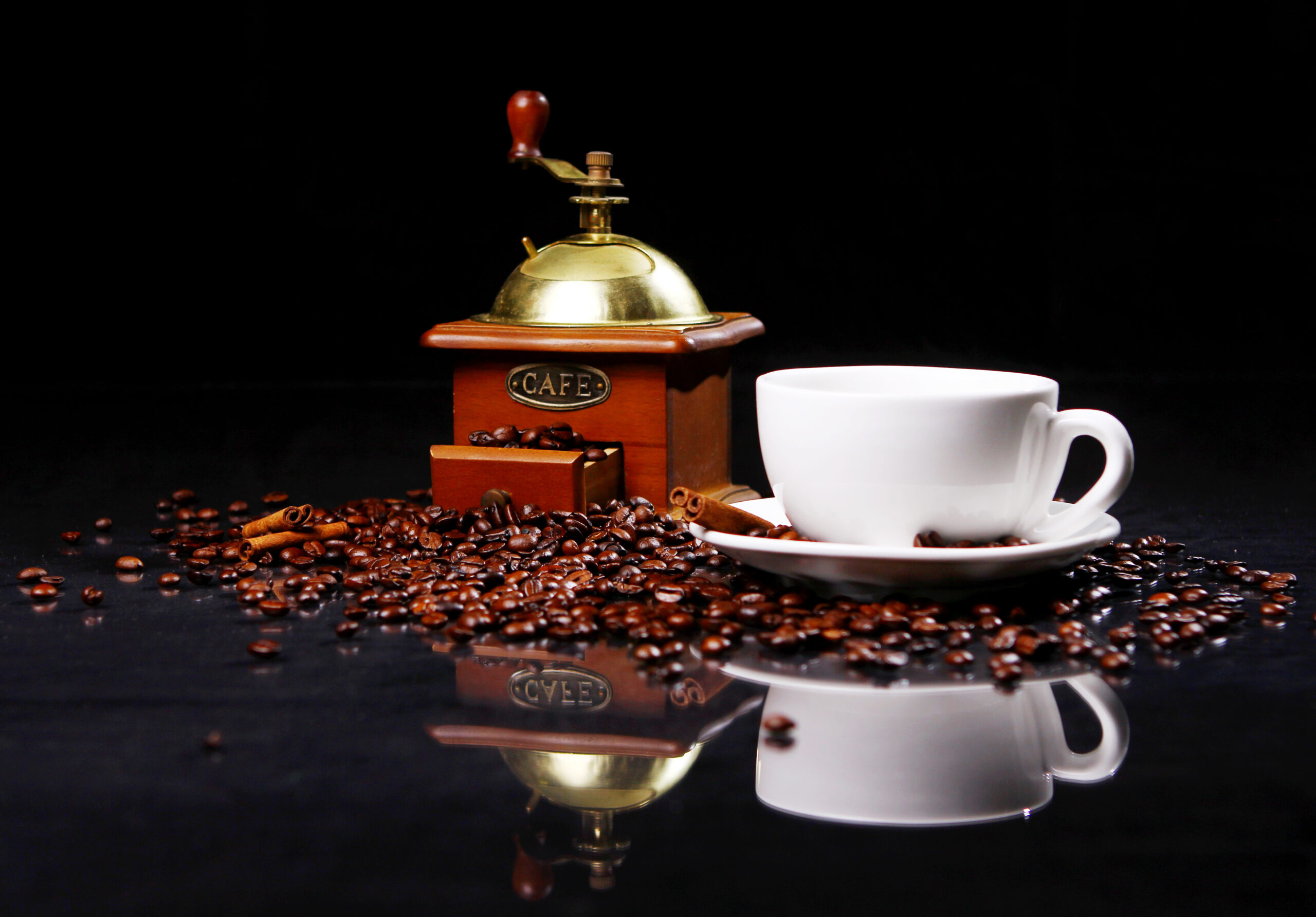In today’s bustling world, coffee is the fuel that keeps many of us going. However, not everyone can handle the jolt of caffeine. That’s where decaf coffee comes to the rescue. In this article, we will delve into the world of decaf coffee, exploring its origins, processing methods, health benefits, and much more. Grab your favorite mug and let’s sip into the soothing world of decaf coffee.
The Origins of Decaf Coffee
Decaf coffee, short for decaffeinated coffee, has an intriguing history. It was first introduced in the early 20th century to cater to those who wanted the taste of coffee without the stimulating effects of caffeine. The process of decaffeination has evolved significantly since then.
Early Days of Decaf
Decaffeination began with a simple water extraction process. Coffee beans were soaked in hot water, which would dissolve the caffeine but also rob the beans of some flavor. This method, while effective, wasn’t the most flavorful.
Modern Decaffeination Methods
Today, decaffeination has become a precise science. There are various methods in use, including the Swiss Water Process, solvent-based methods, and the carbon dioxide method. Each method has its unique advantages and impacts on flavor.
The Decaf Coffee Experience
The Taste
Decaf coffee is often praised for its milder and less acidic taste compared to regular coffee. It allows coffee enthusiasts to savor the rich flavors of their favorite beans without the caffeine-induced bitterness.
Brew It Your Way
Decaf coffee is versatile. You can brew it using various methods, such as drip brewing, French press, or espresso machines, just like regular coffee. This adaptability ensures you can enjoy decaf your way.
The Health Benefits
Decaf coffee offers more than just a caffeine-free pick-me-up.
Antioxidants Galore
Like regular coffee, decaf coffee is rich in antioxidants, which can help protect your cells from damage. It’s a delightful way to boost your overall health.
Sleep-Friendly
Decaf coffee is perfect for late afternoon or evening enjoyment. It won’t disrupt your sleep patterns, making it a great choice for those who enjoy a cup before bedtime.
Decaf Myths Debunked
Is It Completely Caffeine-Free?
Contrary to popular belief, decaf coffee isn’t entirely caffeine-free. It contains a small amount of caffeine, usually around 2-5 milligrams per 8-ounce cup. So, if you’re extremely caffeine-sensitive, take note.
Flavor Compromise?
Early decaf coffee did compromise on flavor, but not anymore. With modern decaffeination techniques, you can enjoy the robust taste of decaf without missing out on the coffee experience.
Decaf vs. Regular: Which One Is Right for You?
Deciding between decaf and regular coffee boils down to personal preference and lifestyle. If you’re caffeine-sensitive or prefer a milder coffee taste, decaf is your go-to choice. On the other hand, if you crave that caffeine kick to jumpstart your day, regular coffee is the way to go.
Conclusion
In a world where caffeine sometimes feels like a necessity, decaf coffee stands as a welcoming alternative. It provides the delightful taste of coffee without the buzz, making it suitable for a wide range of coffee lovers. So, the next time you’re looking to unwind with a cup of coffee, consider the soothing embrace of decaf.

